Evaluating Relationship with Food When You Love Food
- October 3, 2018
- Last Updated: August 24, 2023
- 14 Comments
- Intuitive Eating
I chose my profession as a Registered Dietitian because I love food. I love trying new food, eating my favorite foods, and making memories over food.
I’m a self-proclaimed foodie, but now that I’ve used that term for years, what does it even mean? Simply put, I really like food. (Also of note, I really like a lot of other things, too). Food is not my entire life, nor would I want it to be.
Food is pleasurable in so many ways, and because of that, it’s easy to talk about it, cook it and look up new things to try (thanks Pinterest).
But, as you can guess, too much obsessing about food is not always a good thing and this is something that came up in a client session recently.
Think About Food’s Purpose
Maybe you are someone who has a list of recipes to try, but they include some of your fear foods. Maybe you’re someone who stares at Pinterest, food or desserts all day but you won’t ever make those foods. Or, maybe you’re someone who goes over the restaurant menu x amount of times before going out to eat so you know you’re making the safest, “healthiest” choice.
Either way, that’s a lot of mental energy spent on food.
This client asked if it is possible to have a good relationship with food if you love it so much that you think about it all the time. So, that got me thinking about balancing your relationship with food when you love it. Because if you love something, it’s normal to think about it and get excited about it.
Remember, food is so much more than fuel in many instances. It’s nostalgia and memories. It’s comfort and social connection. Food is exciting and something we can look forward to. But, the problem therein lies if it’s taking up the majority of our brain space. I love the visual depiction from Rachael that shows how food can take up a lot of brain space.
But, it doesn’t have to be that way.

Here are some other things worthy of your attention.
- Social connection. Do you have friend dates that you look forward to? Are you connecting on a deeper level with others? Do you have a significant other or kids that you can learn from and are you being a role model to them?
- Movies, shows and books. Is there something new out you want to see? Or a story you want to get lost in? I love looking forward to watching a netflix show before bed to unwind from the day, or curling up in bed with a book.
- Travel. Do you have a travel bucket list? Where to next? Could some of that time spent obsessing about food be better spent planning a fun getaway or even day trip?
- Hobbies. Do you love to scrapbook? Or DIY projects? Make things for others? Journal? Making them (and brainspace) for these can also be a great outlet from stress!
- Development. Are there career things on your list you want to check off? Continuing education you want to take? A training you want to invest it? Something new you want to learn…or teach others? Do it!
- Trying new things. Anything from a new workout class, to a new mom’s group, to a new coffee shop. What’s out there that seems exciting to you that you haven’t experienced yet? What have you been saying you want to do for so long but haven’t quite attempted it yet?
When you can focus on other things besides food, you are taking your obsession away from food and exercise. Therefore, you’re leaving so much more room for other vibrant parts of life to enjoy and people to enjoy them with.

However, it’s normal to think about food to some extent. We sort of have to, right? Thoughts like, “What’s for dinner tonight?” or “Where do you want to try out this weekend?” are innocent enough.
So, here are some ways you can enjoy and love food without being obsessive about it.
Non-obsessive ways you can think about food and show your love for it
- Make a grocery list for foods you like and enjoy and will eat throughout the week. Don’t put kale on there if you hate kale and feel like you should be eating it.
- Intuitive Meal Planning. While some forms of meal planning can be “obsessive,” intuitive eating meal planning is very flexible. It actually frees your mind and time up for other things!
- Enjoy the cooking process at home and make memories while doing it. Use cooking as a way to unwind from the day. But if you hate cooking, cook less often or don’t cook. Sometimes life is too busy and it’s okay to rely on takeout or delivery or already prepared meals. If I’ve learned anything, there are seasons of life where things just look differently. It’s okay to back off and just get through it.

- Go along with someone else’s offer to try a new restaurant (and letting them pick it!)
- Look at a restaurant menu as a way to get excited about what to try, not as a way of looking at things you can’t eat
- Tune in to what foods make you feel better than others. Eat the foods that give you energy when you need energy, and have foods that bring you enjoyment when you want enjoyment. Every meal doesn’t have to be enjoyable and amazing. Sometimes, food is just “meh” and it serves its purpose to get you through until your next meal or snack.


- Be flexible with food, like when food plans change last minute (i.e. – your coworker changes the lunch spot at the last minute and you’re not phased).
- You don’t dwell on food choices. You can walk into your work break room and either take or leave what food is there. If you like it, you can enjoy it, and if you just don’t want it in the moment, you can say no. In saying no, you don’t spend the rest of your day thinking about it.
- Recognize that sometimes gentle nutrition plays a role. Maybe it’s eating right now even though you’re not hungry because you know your work meeting is going to last for two hours. Or, avoiding the chocolate cookie at 2pm if you know it’s going to give you ane energy crash and you have a long night ahead.
- You recognize hunger and eat something right away. It can be something planned (like you packed your lunch for work and planned for snacks), or something unplanned. If it’s unplanned, it doesn’t ruin your day or take away your mental energy from other things.
- You trust yourself around all foods and know you can eat any food you want to

You may love reading or writing, but chances are, you’re not thinking about those things all the time. Most likely, you have made brain space for other things that you value to. It’s the same with food. If you love it so much that it’s alienating you from other people and things, it’s probably time to recheck your relationship with food. Is it a healthy one?
But if you love food and think about it when you need to (like, when you’re hungry or when you have something exciting ahead and you want to make a special menu), that’s probably a good thing.
Do you enjoy cooking at home or eating out more? Currently, I think I enjoy eating out more although I’m in that phase of life where it’s not that often. I’m starting to enjoy cooking more again.
What are some of your favorite things to make brain space for? For me, it’s baby/puppy cuddles, envisioning new places to travel, and forming the flexible lifestyle I desire!
Support Bucket List Tummy







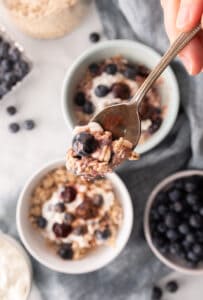
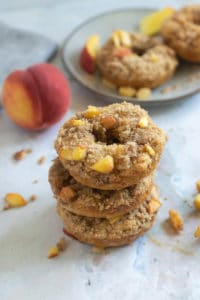

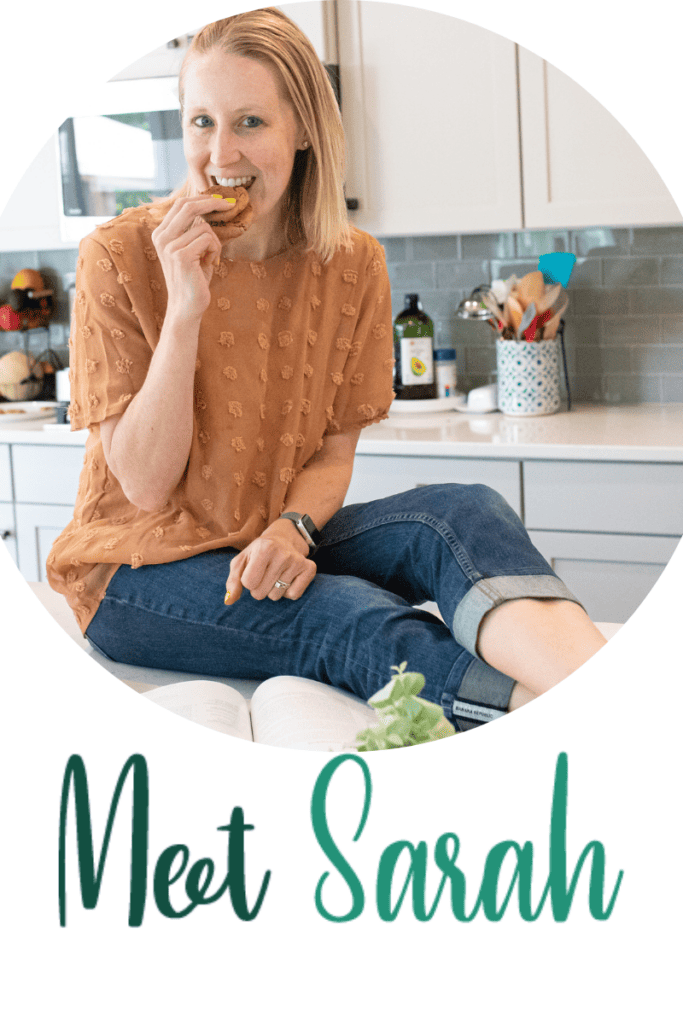
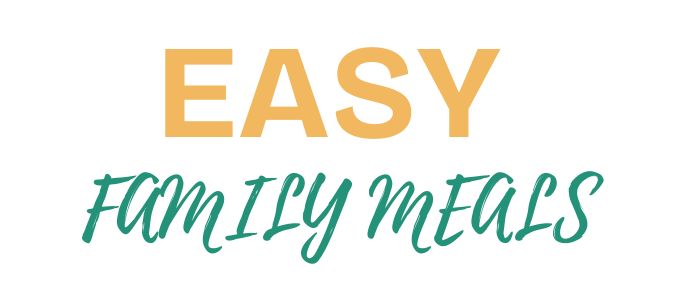
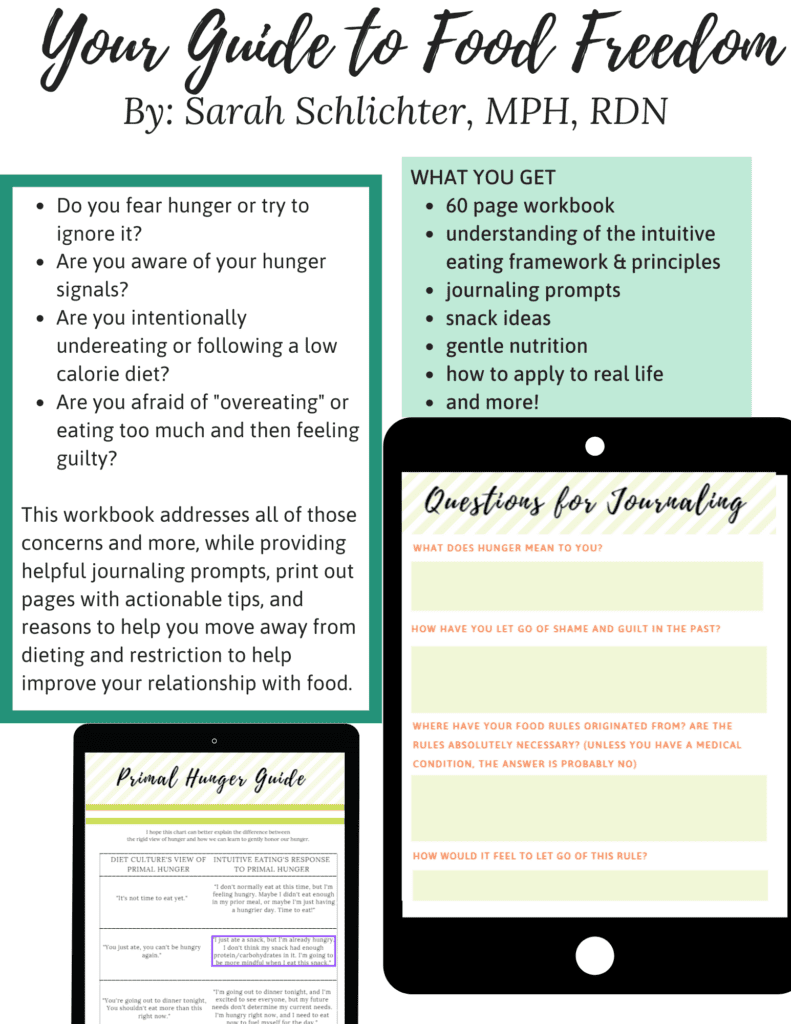
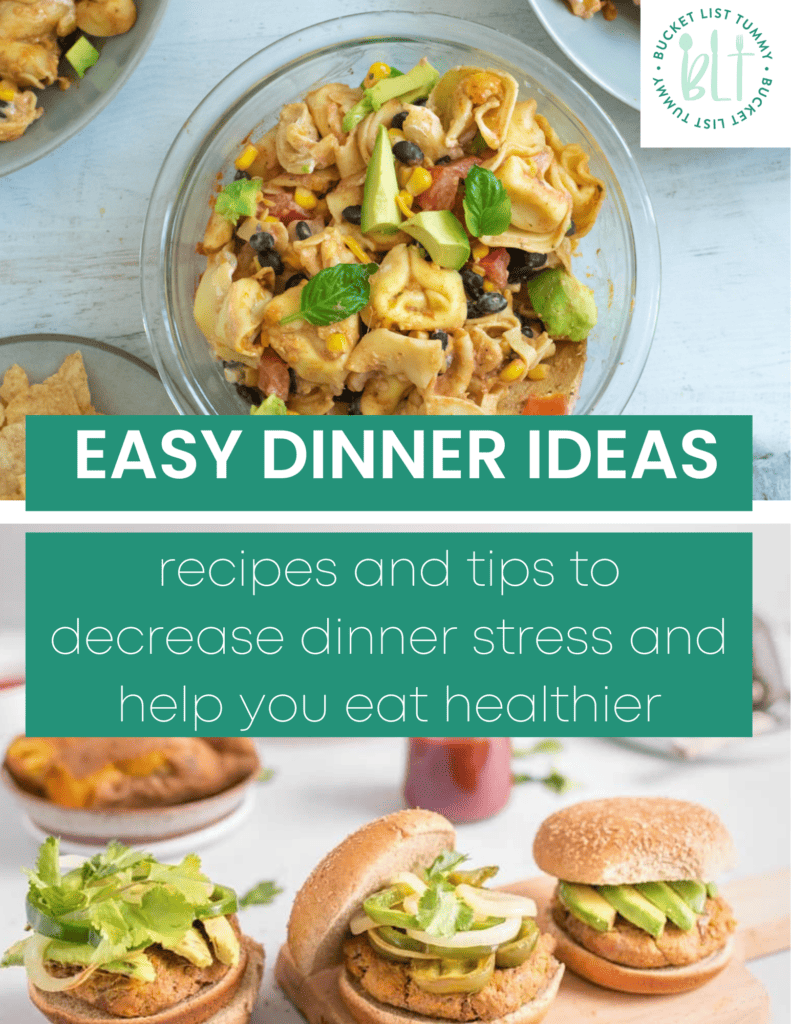
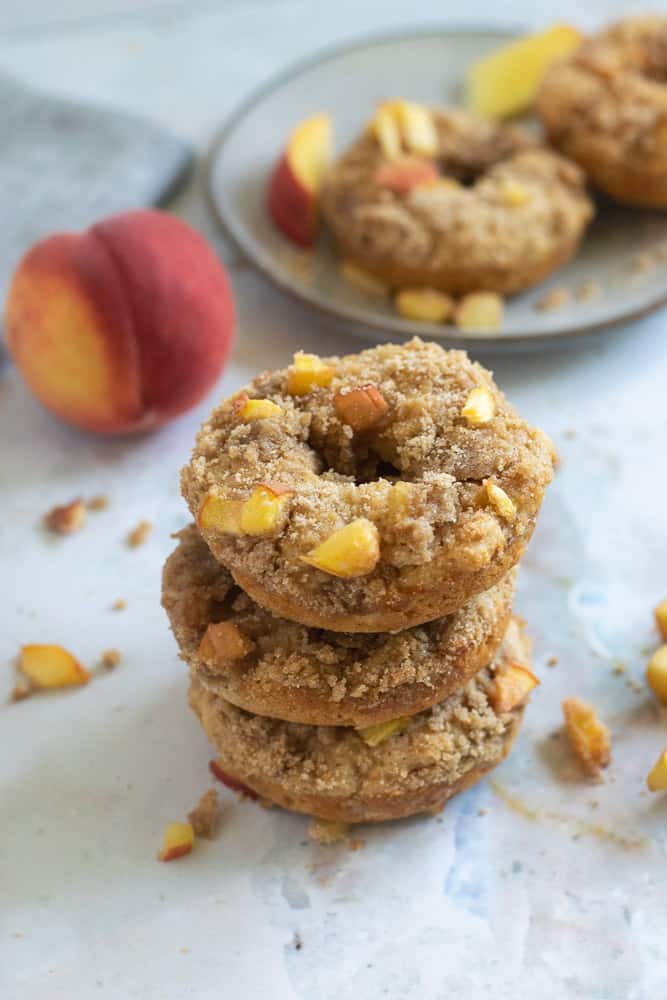
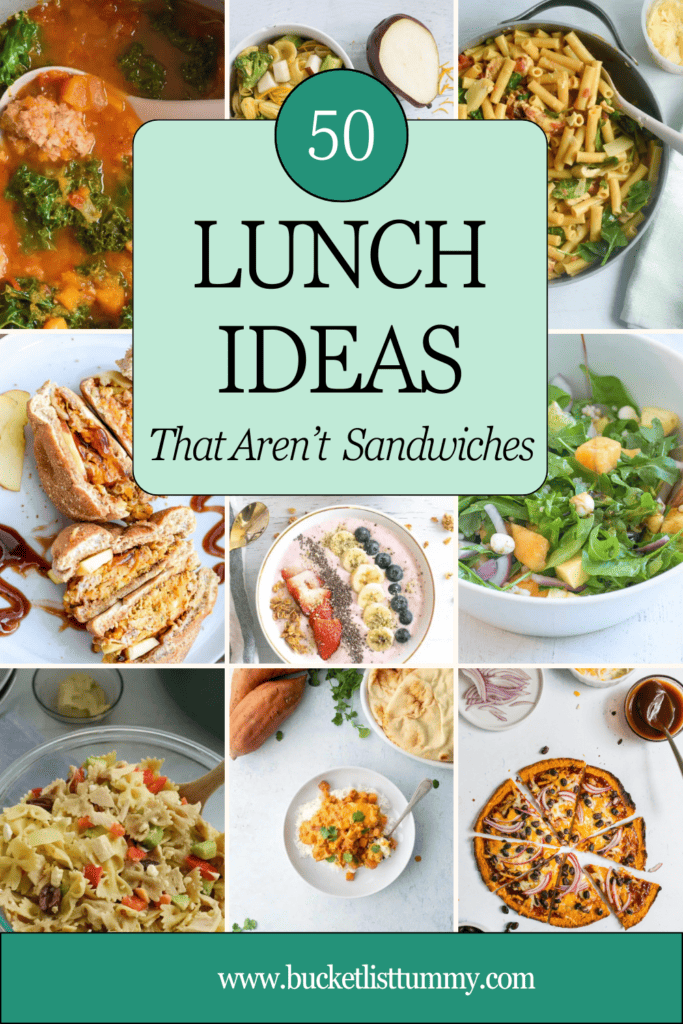
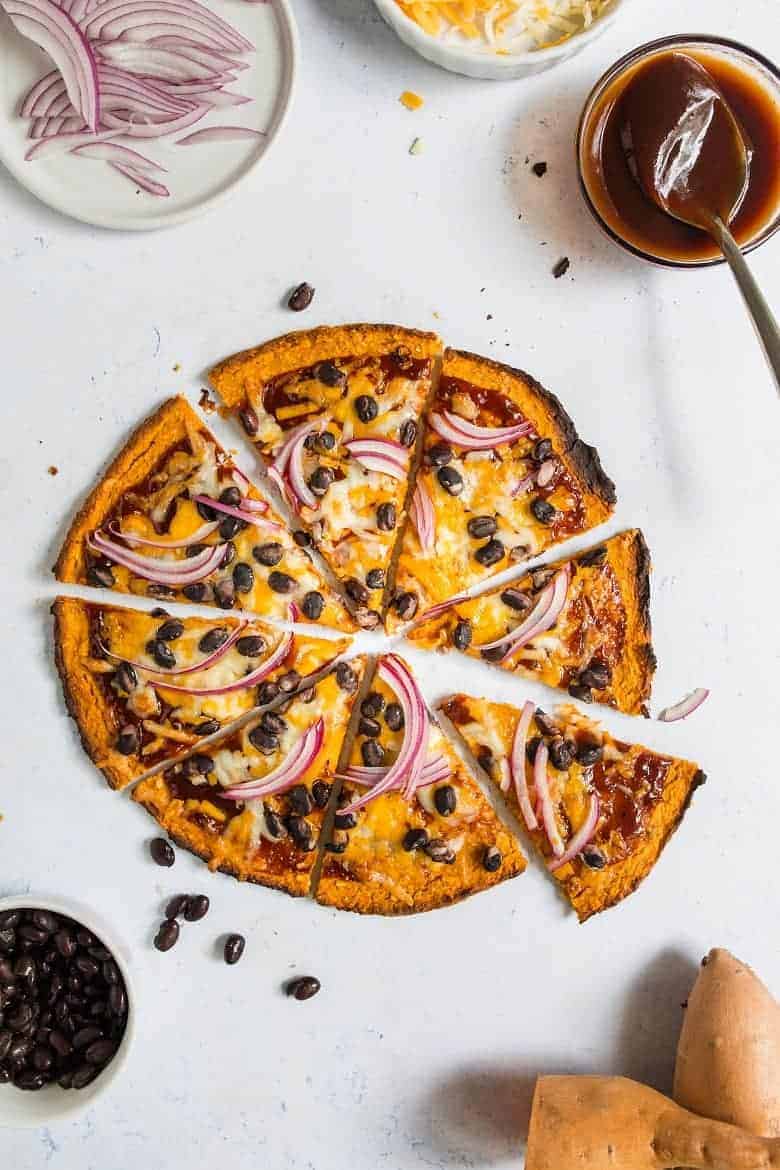
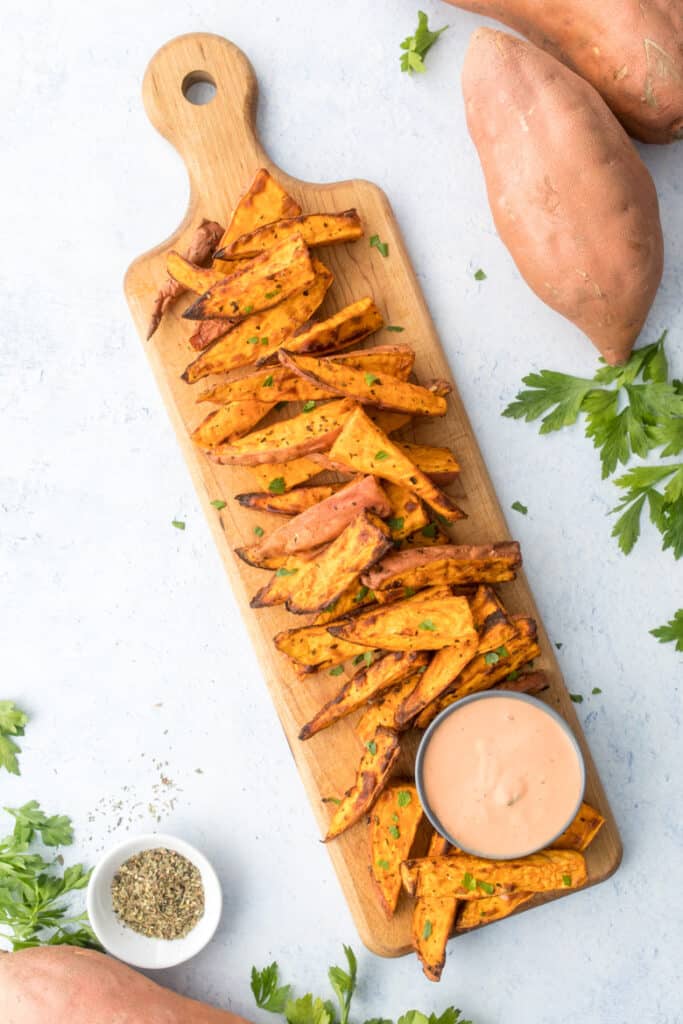
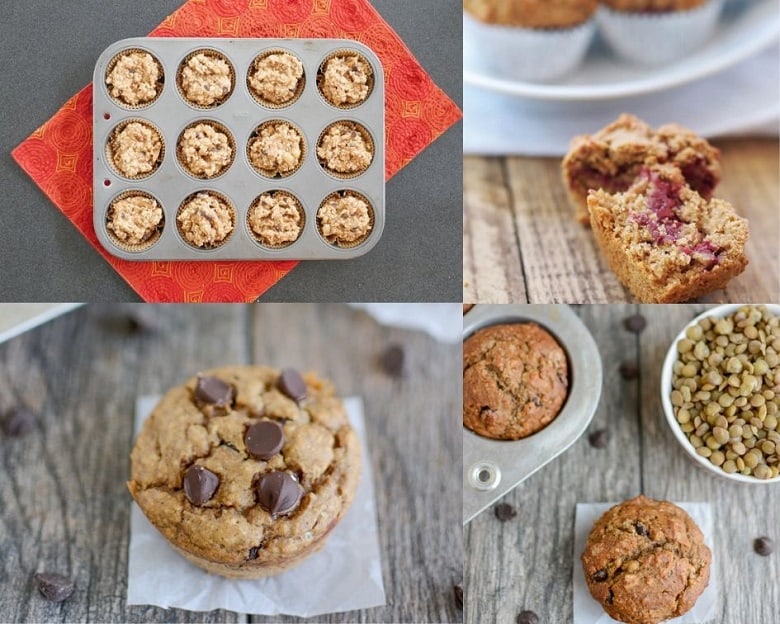
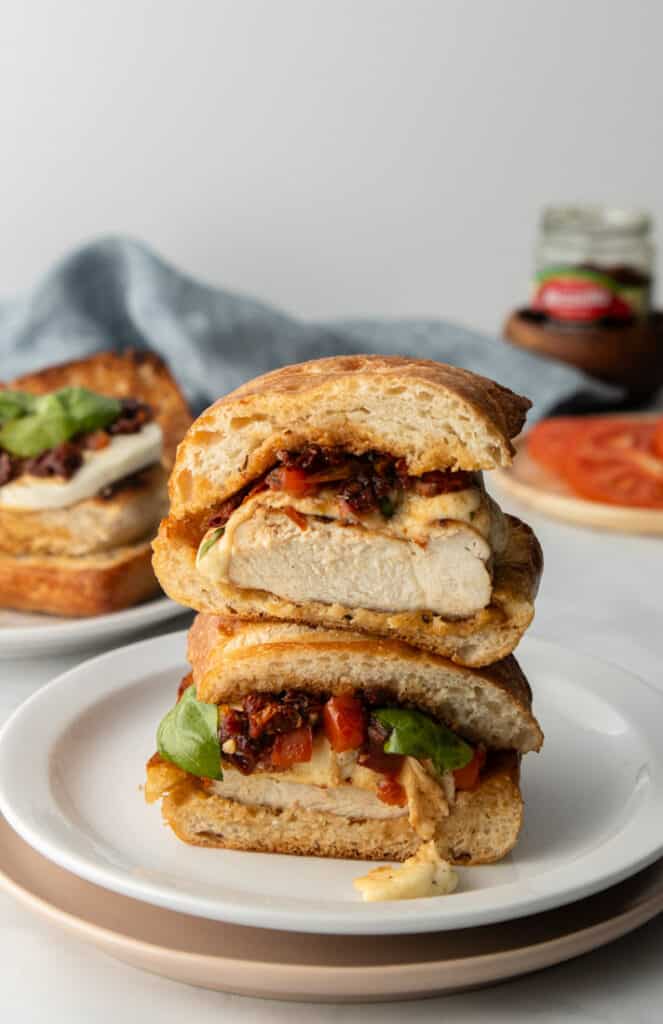
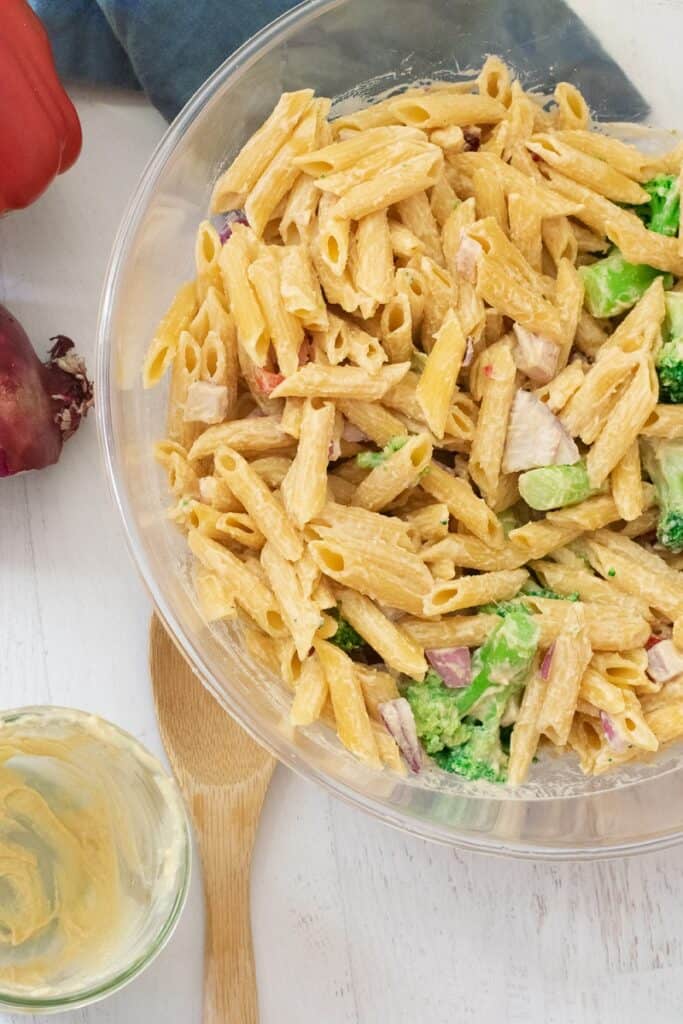
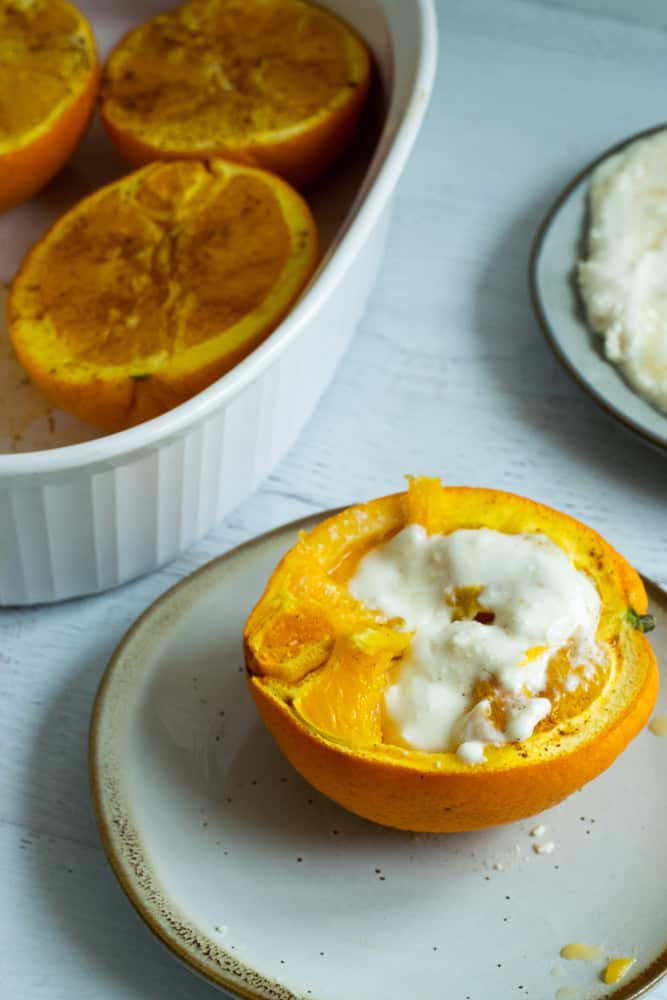
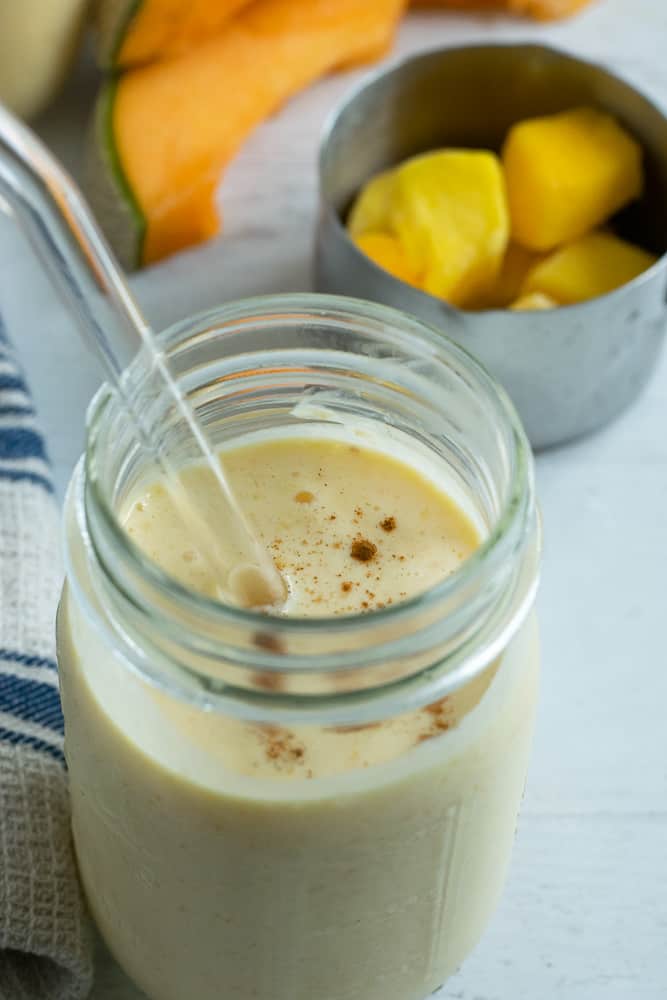
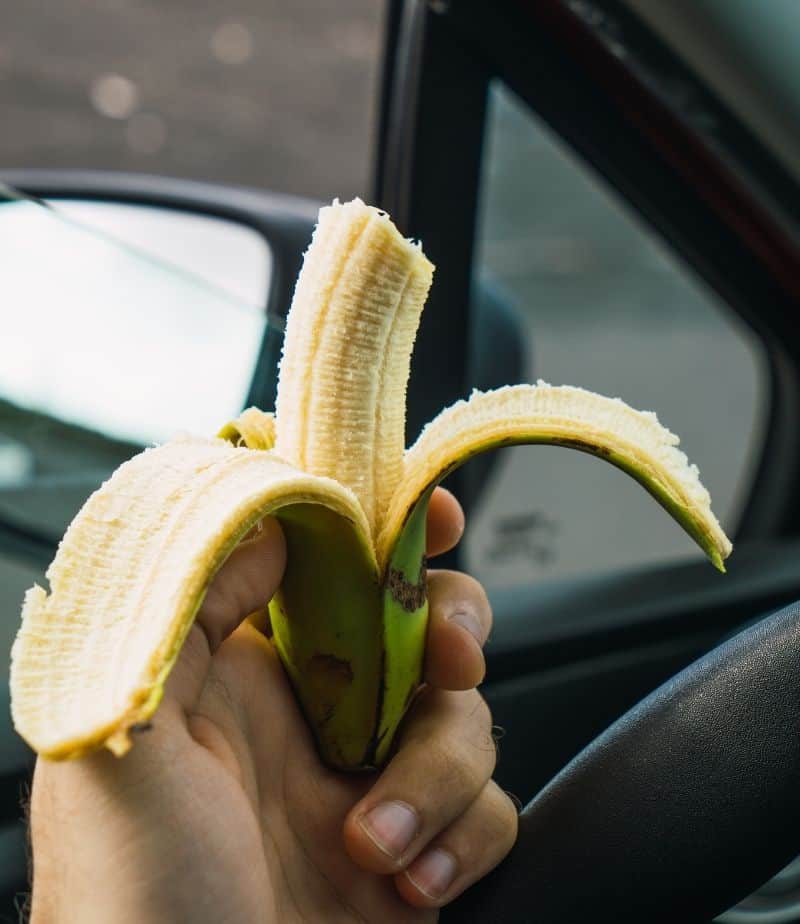
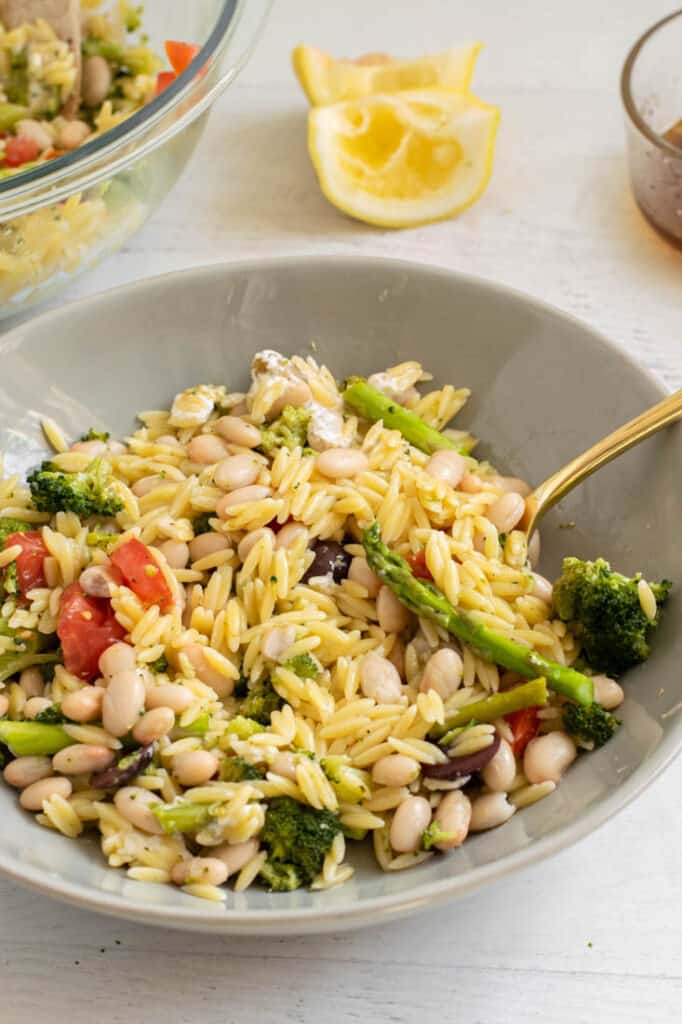
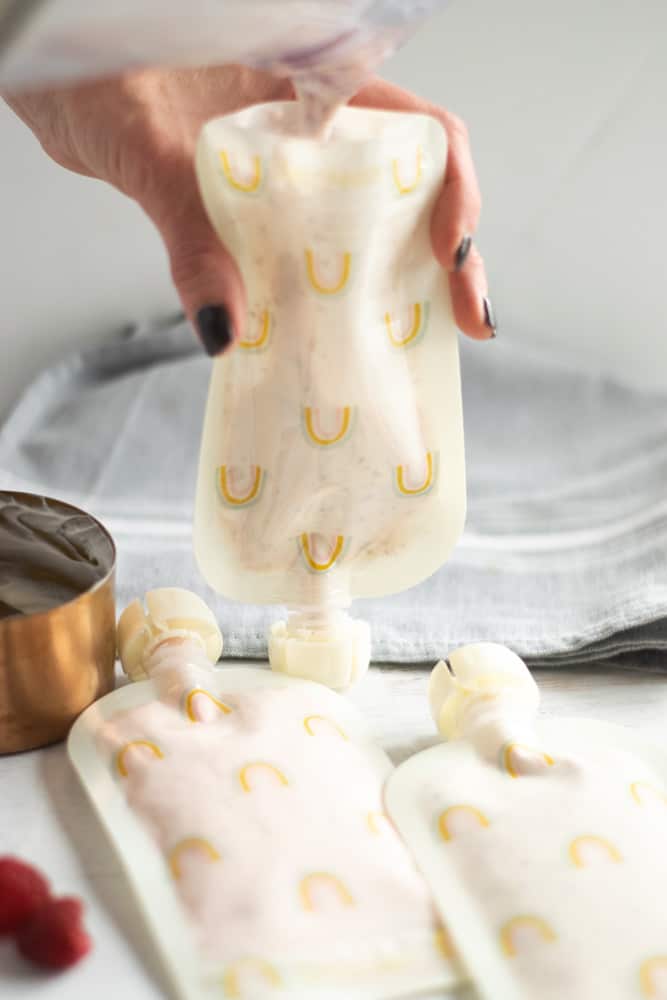
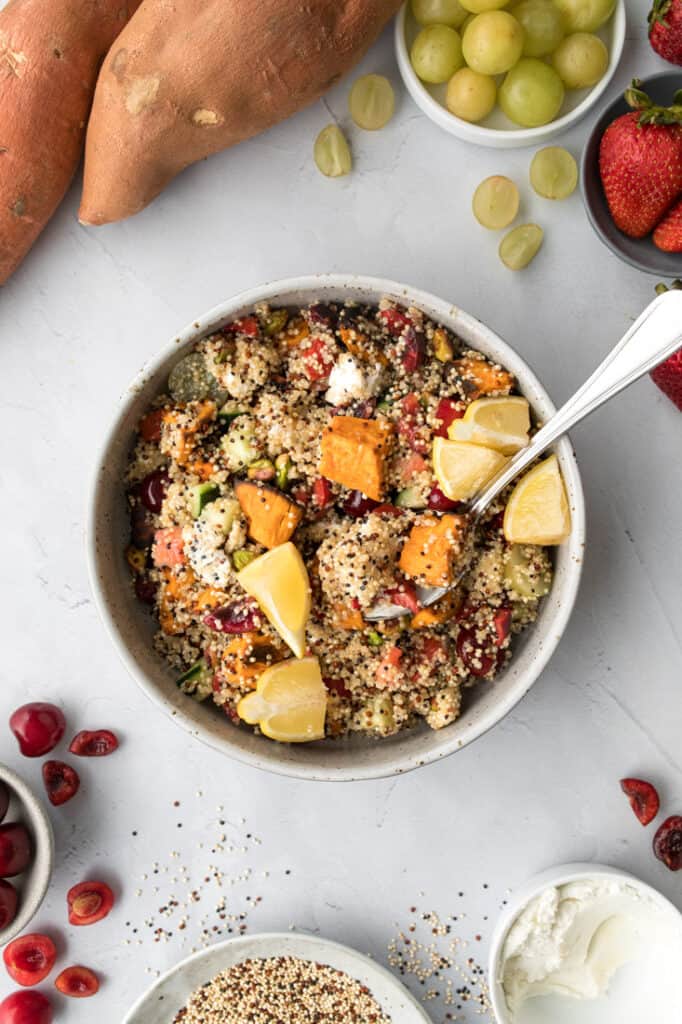

Like This Content?
Support Bucket List TummyI appreciate this post a lot, as I have recently been wondering if I think about food too much.. However you don’t really explain how to think about it less, other than finding hobbies/passions. For instance, “don’t dwell on food choices” — how? thanks!
Hi June – great question, which probably warrants a post of its own. The first principle of intuitive eating is to reject the diet mentality, and until we really master that, food will (always) have some control over us because we are worried/stressed/always looking for the next diet, etc. Once we accept this as well as making peace with all foods, we incorporate food neutrality, which really helps to form the lens of all foods being equal, and we have no reason to dwell on food choices. When we see some foods as good and others as bad, we are still stuck in the mindset where food is controlling us and we’re doing our best to make “good” food choices.
This was a really excellent post, Sarah. Very, very helpful. Not just for me but I think for many people. My dietician and I have been talking a lot about this sort of theme recently – in terms of, if I’m hungry, to just grab something and move on. To not obsess or over plan or over analyze. I also think (and am experiencing) that when we truly, truly nourish ourselves adequately, our thoughts are no longer always on food. It’s amazing how our mind will constantly be on food as a way of our bodies telling us it needs just that… food. But when we are nourished, we have room and ability and desire to actually think about all those other things in life that we love. And then there is room for those thoughts of food to come back in when they most excite you! I think that’s a sign that the balance is back to a healthy place.
I think it can be a great practice to just eat and move on. We do want food to bring us pleasure, but we have other things in life to bring us pleasure, too. Food doesn’t have to be the only thing all the time.
I am definitely a “food lover” so I am always mindful of what I eat and how much. That being said, I am a firm believer of everything in moderation too. Thanks for the great tips here!!
Recognizing hunger, honoring it, not dwelling on food choices, and being flexible are things that I’ve really been working on this year; and I’m so thankful that God has helped me grow sooo much in just being flexible, eating what’s in front of me, enjoying the cooking process, but not thinking about food all day long.
It sounds like you have come so far in your food journey, Emily. So happy to hear how you’ve embraced flexibility!
I definitely agree, that sometimes you need to take a step back from food and occupy your mind with other things. Love the tips you shared.
Thank you!
this was the perfect reminder for today. thanks, sarah!
I really enjoyed this post Sarah. I have often gone down the rabbit hole simply because there’s so much CHOICE! Once you allow yourself to eat everything, there are so many things I want to eat…I sometimes have a hard time choosing!
I am fortunate to have that financial ability and mindset. Whenever I get into this thought space, I remind myself that I can always eat the other thing at my next meal or tomorrow. Just remembering that there is always another day and another meal often helps me stop thinking about choosing the tastiest option (they all are) and just pick. I know I can have the other thing later if I want 🙂
Thank you Ellie! The financial ability is such an important point – having the privilege to choose what we want is important to recognize, as not everyone is in that situation. Love your point about knowing that you can eat something else at the next meal and snack – so true.
You’re so right when you say that every meal doesn’t have to be amazing! Sometimes it’s just about eating to eat and keep your energy levels up and it may not be the prettiest or most exciting meal of your life.
I enjoy eating out because I can try new flavors or foods I wouldn’t normally get. My wallet prefers cooking at home though lol. Brain space should always be available for puppy cuddles!
I think that’s a big misconception with intuitive eating – everything you eat has to be what you crave in the moment, when it’s not that at all. Sometimes, we just need to be practical and eat and move on!